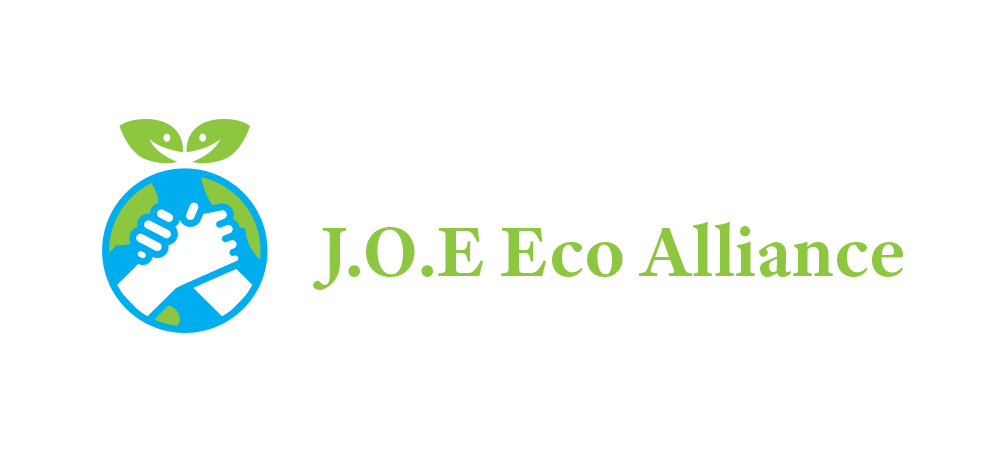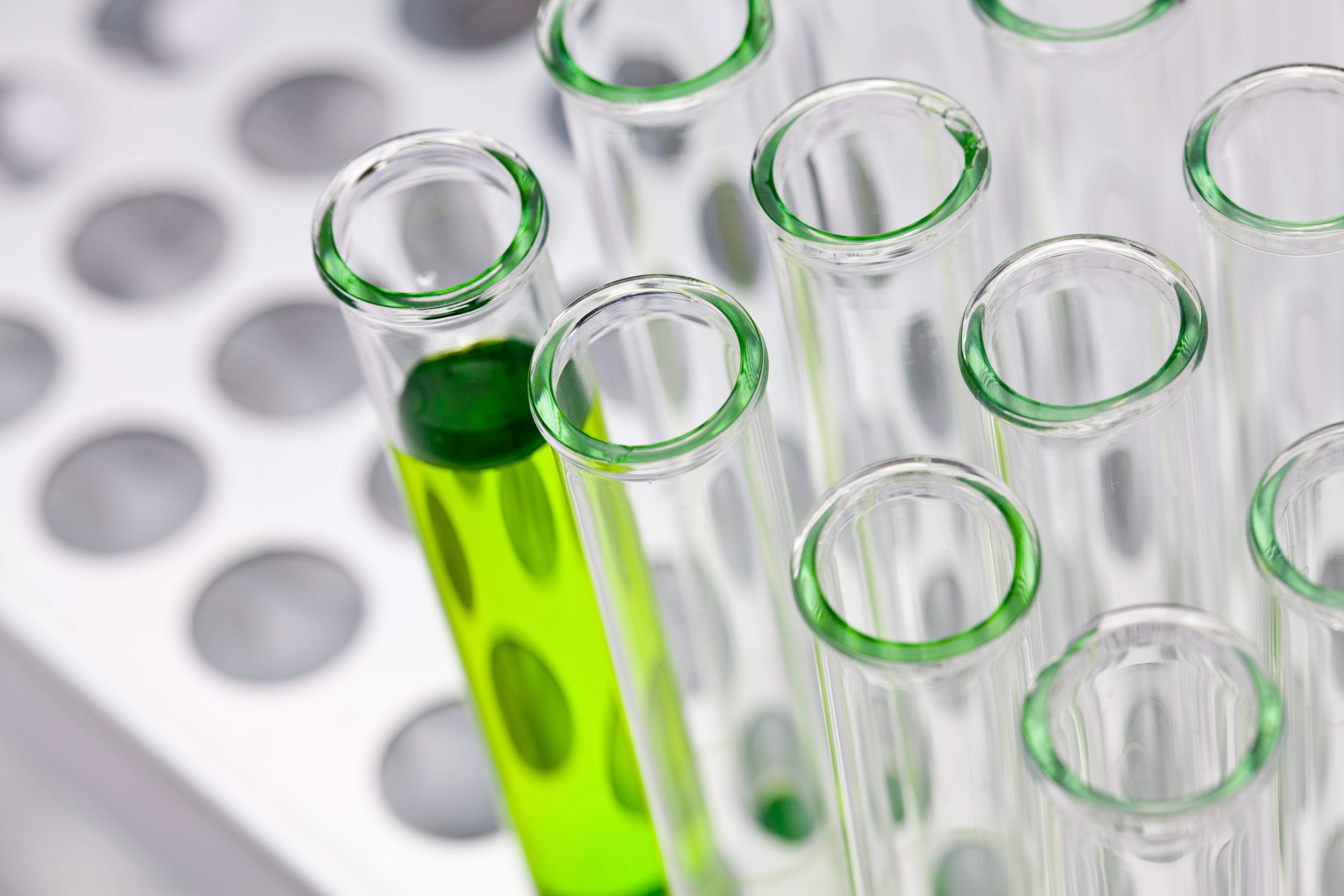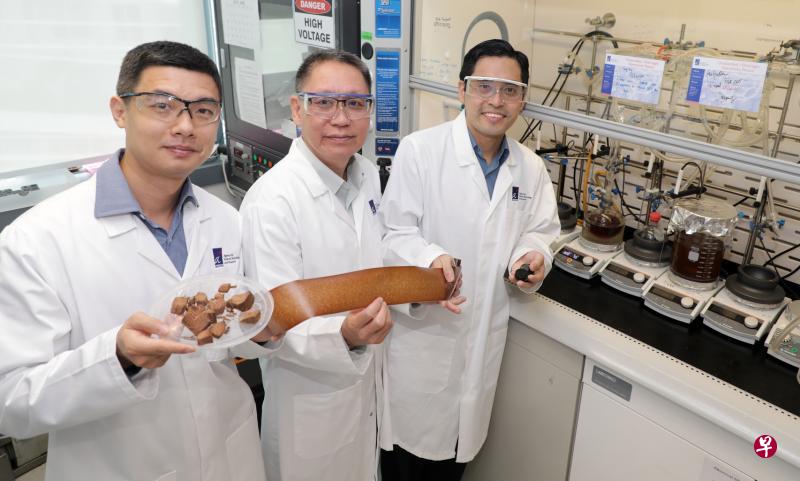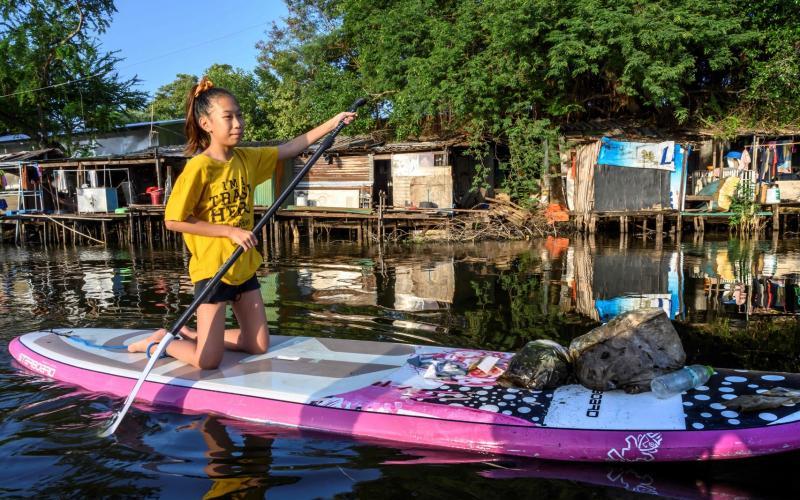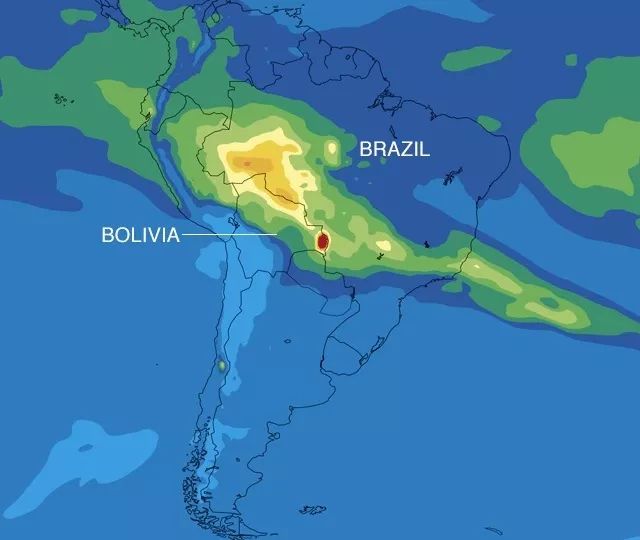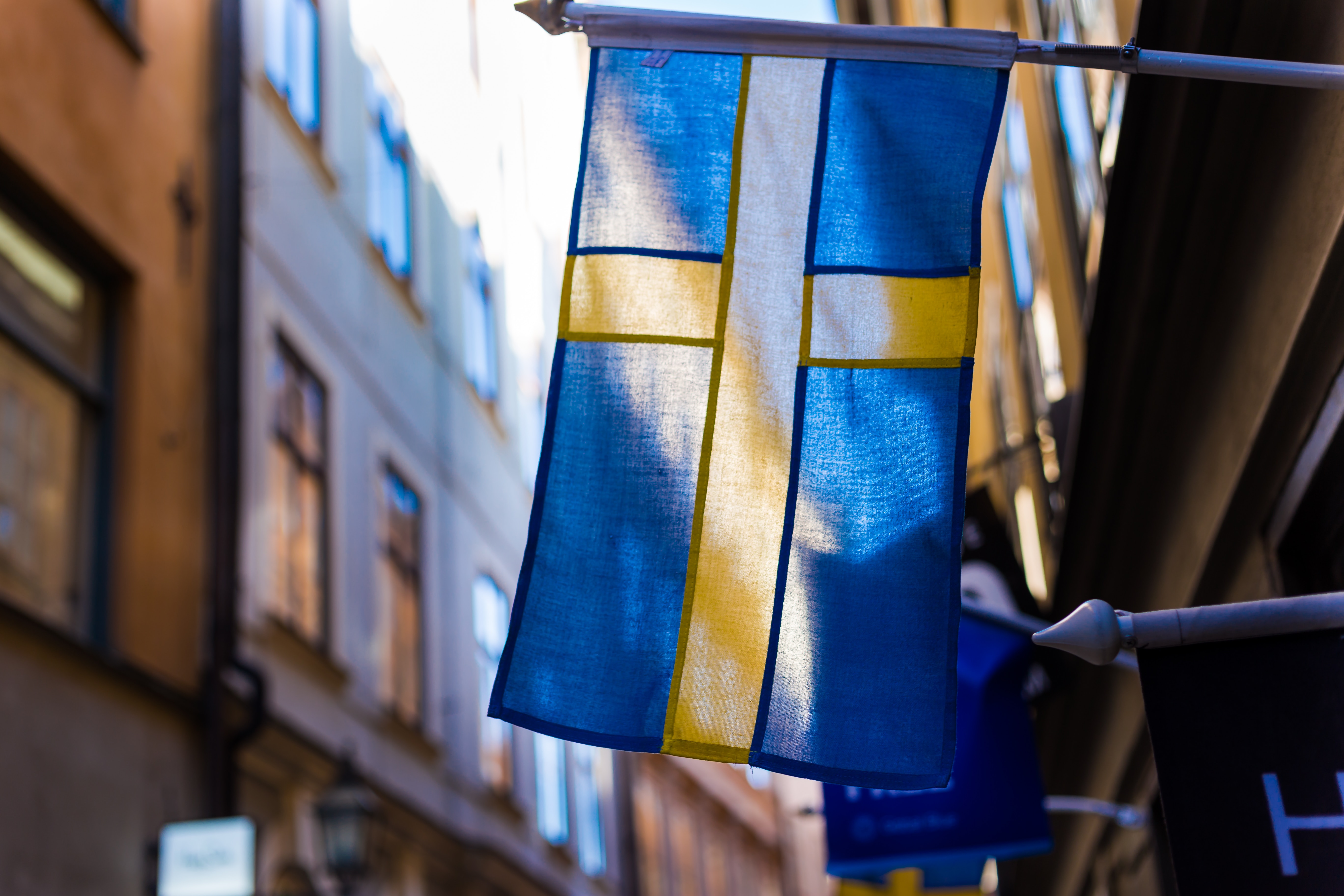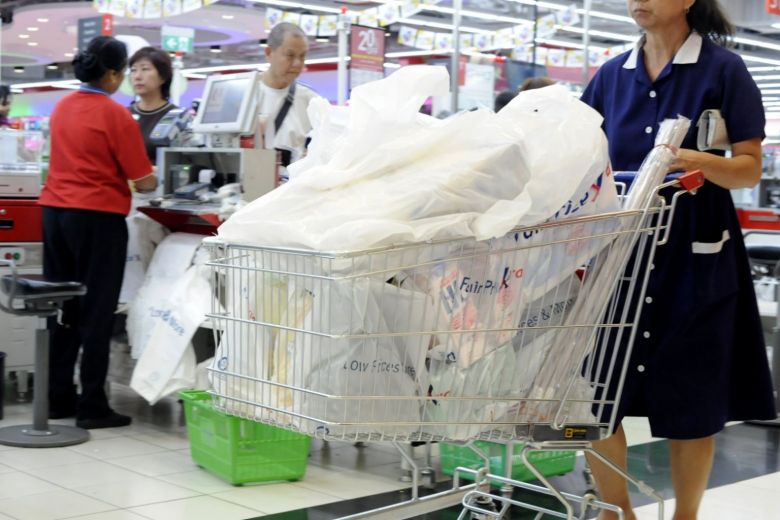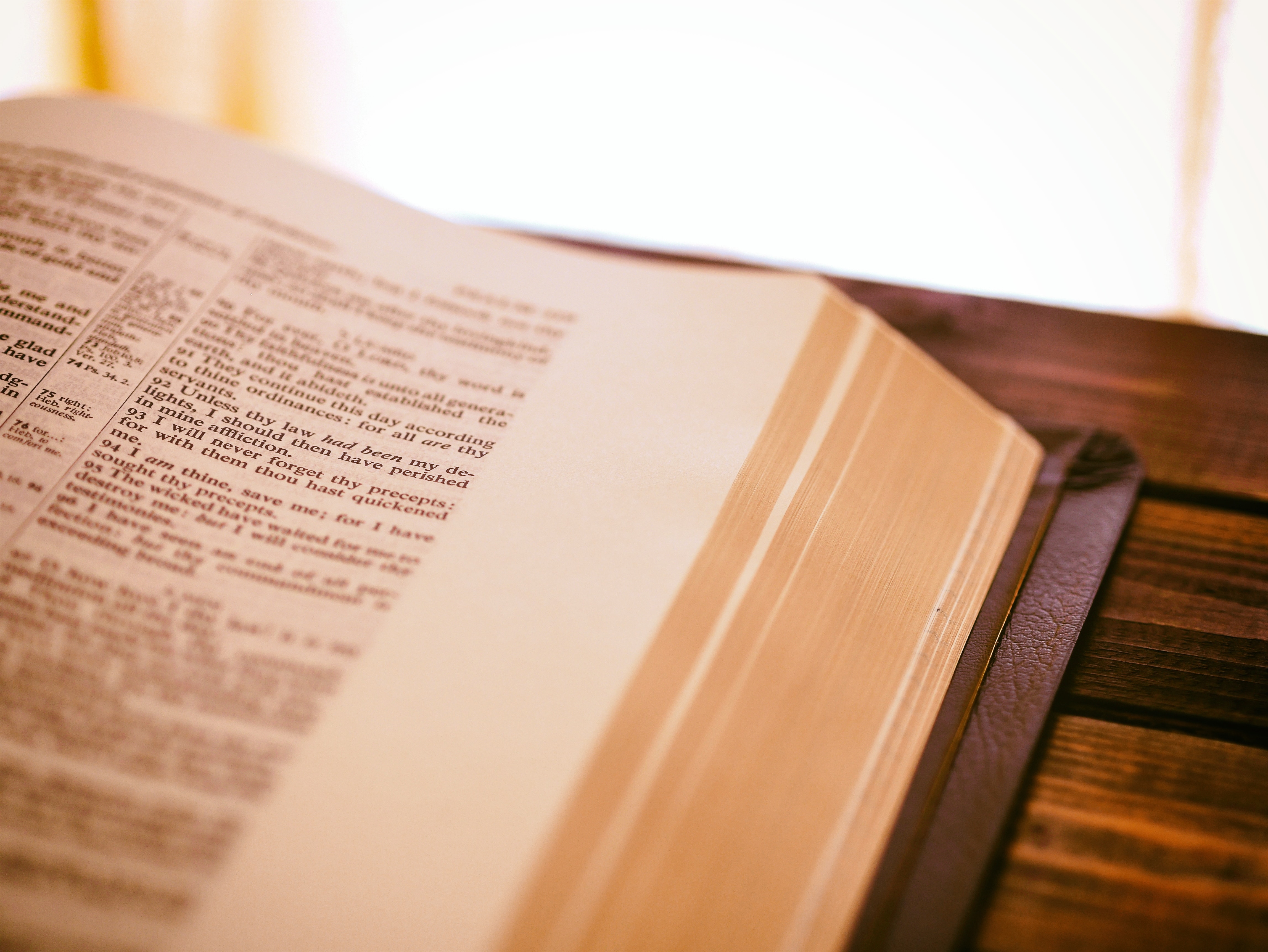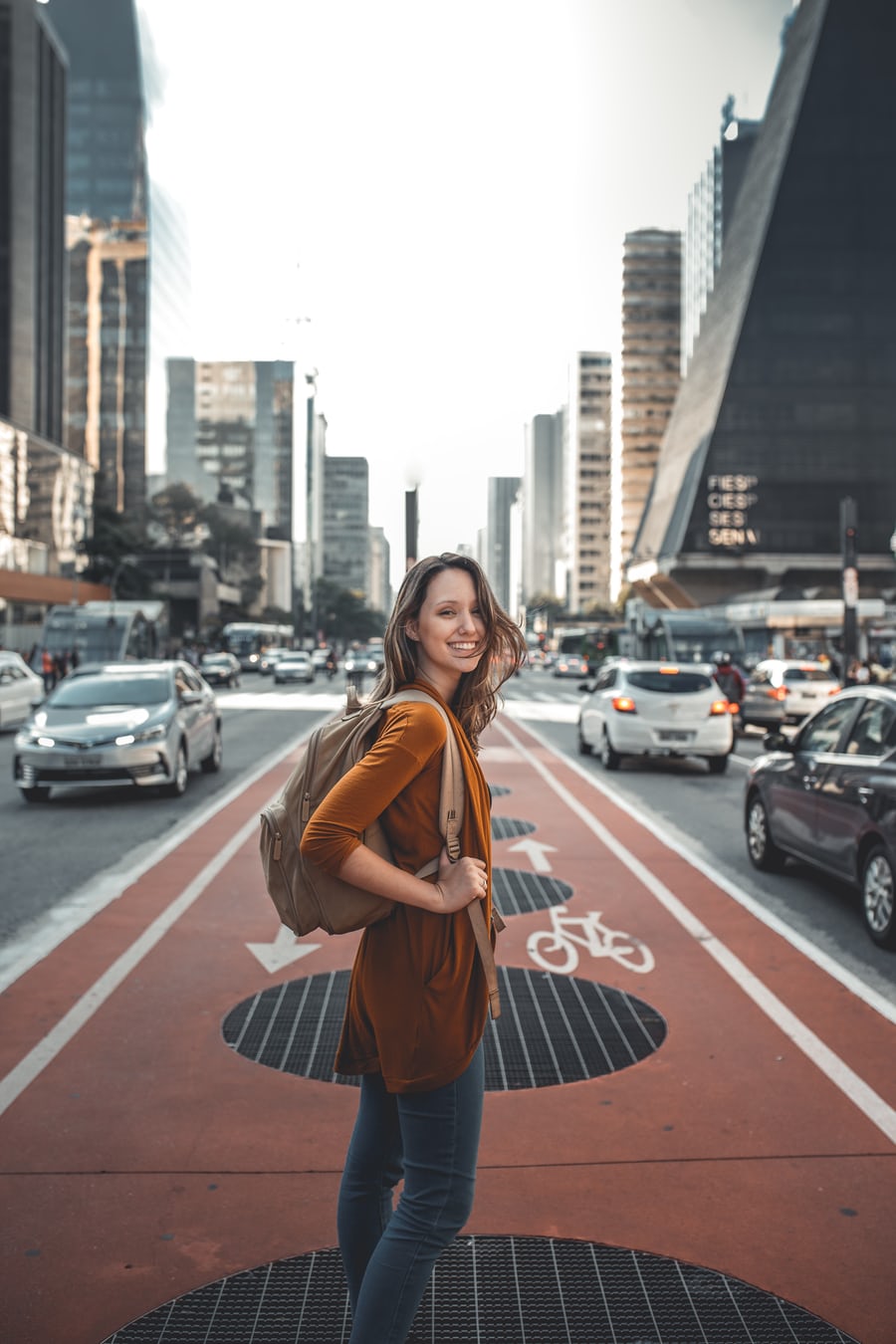It was business as usual on Monday morning (Sept 16) at the FairPrice Xtra supermarket at Hougang One mall, with one difference.
At some check-out counters, cashiers bagged items not in FairPrice’s signature white-blue-red plastic bags but in reusable bags, trolleys and even backpacks.
One shopper was even seen dashing out of the store holding a bag of salmon, without placing the fish in another plastic bag as people generally do.
Monday marked the start of a month-long “no plastic bag” trial by the supermarket chain at several of its outlets.
As part of the trial – launched amid growing global awareness about the excessive use of single-use disposables, including plastics – customers are charged 10 cents or 20 cents for every transaction in which they take plastic bags at seven FairPrice and Cheers outlets.
Besides the Hougang One outlet, the other six stores involved in the trial are FairPrice Finest at Zhongshan Park mall, FairPrice at Maple Tree 18 mall, Cheers outlets at Sengkang Community Hospital and in Create Way and Aljunied Road, and FairPrice Xpress in Lorong Chuan.
Shoppers who want plastic bags have to pay 20 cents per transaction at the FairPrice, FairPrice Finest and FairPrice Xtra stores, and 10 cents per transaction at the Cheers and FairPrice Xpress stores.
The money will be donated to the Singapore Children’s Society and The Straits Times School Pocket Money Fund.
CONSUMERS REACT
Healthcare assistant Ms Ik Ling shares her thoughts on the FairPrice no plastic bag initiative
The Straits Times spoke to over 30 customers across several outlets and found that most were supportive of the move to charge for plastic bags.
Mr Charles Yap, 64, had his own trolley for his grocery run at FairPrice Xtra at Hougang One.
“It’s a good thing that they are charging the 20 cents. Don’t waste so much plastic. It’s not too much of a hassle and it’s much better for the environment,” said Mr Yap, who is currently unemployed.
He was one of many shoppers across affected FairPrice and Cheers outlets who supported the initiative, even though some of them still took plastic bags.
At Hougang One, retired delivery man Thomas Ng, 70, had a trolley full of groceries packed in at least 10 plastic bags.
He told ST in Mandarin that bags were still needed so delicate produce like vegetables and bread would not get squashed.
But he said he was not upset at having to pay the 20 cents, since the Pioneer Generation discount he gets when shopping at FairPrice on Mondays could offset the amount.
Mr Ng added: “I read in the papers that the charge will start today, but I forgot to bring my own bag. Twenty cents is not so bad, but if I’m charged 10 cents per bag, then it could add up, and I will have to remember to bring my own bags.”
At the Cheers outlet along Aljunied Road, business owner Marcus Goh, 47, said he took no issue with a surcharge.
“It’s actually good for the country because it’s going green and I think vendors are already charging for bags, so I can accept that. It’s not a problem.”
But several shoppers, used to getting plastic carriers for free, were unhappy.
At the FairPrice branch at Maple Tree 18 in Tai Seng, a retiree in his 70s, who wanted to be known only as Mr Yap, said he did not know about the scheme until he paid for his groceries. He ended up putting his groceries in a bag his wife had with her.
He said he was upset by the initiative and felt it was a bad idea.
He added that the counter staff had told him the money collected from the charge would go to charity, but said in Mandarin: “NTUC already earns so much that they can give to charity, why do they need to charge us for it.”
A plastic bag surcharge has been a topic of discussion in Singapore as the Republic focuses more on the need to tackle climate change by reducing the consumption of resources. Plastic bags are made from crude oil and natural gas – fossil fuels that contribute to climate change. They are also a major cause of pollution worldwide, particularly marine pollution.
This year has also been designated by the Government as the Year Towards Zero Waste in Singapore.
Even though a plastic bag surcharge is not a plastic bag ban, some customers claim they should not have to pay for bags which they can use again to dispose of rubbish, for instance.
Said Ms Sonia Foo, 47, a senior manager of a charity: “All these plastic bags are not wasted because they are bundled up and thrown away with our refuse. It’s not fair. That means we have to buy our own refuse bags to throw.”
Ms Foo, who ended up paying the 20 cents at the FairPrice branch at Zhongshan Mall, added: “It will upset the public, especially the elderly, because they are so used to taking plastic bags.”
Many said it would be hard to change old habits.
Mr Loke Kah Chow, 82, a retired printing business assistant, had his own bags for grocery shopping at the FairPrice outlet at Zhongshan Mall.
He said: “It’s 20 cents for so many plastic bags. That’s good. If it’s 20 cents per bag, it’s too expensive.
“It’s very hard to help the environmental cause. If you don’t use the plastic bags, others will use. People can’t do without them – it’s become a habit.”
But Mr Kohodai Dada, 39, a software engineer from Papua New Guinea who has lived here since 2014, noted that efforts to charge for plastic bags can shape people’s consciousness and the way they act.
“Just talking about it changes our shopping habits and behaviour… Where I come from, it’s a tradition, our parents taught us to recycle, so we do it,” he said.
“I think it’s a good thing. I’m from the Pacific and we see first hand what it does to our marine life,” added Mr Dada, who has been living in Singapore since 2014.
Asked why the decision was made to impose a surcharge on a per-transaction basis instead of charging customers for every bag taken, NTUC FairPrice chief executive Seah Kian Peng said it was to keep things simple for customers.
The plastic bag situation in Singapore is different from that in other countries, he said.
“Plastic bags in Singapore do have a use. How we get rid of plastic bags here is also different from how other countries dispose of their bags,” he pointed out.
In Singapore, plastics are incinerated before being sent to the landfill, reducing the likelihood of stray bags finding their way into waterways.
Mr Seah said that through the trial, the supermarket chain wanted to convey two key messages.
“Can we first try to bring our own? And if we do need plastic bags, can we take the minimum number, instead of the maximum?”
He added that public awareness and education is important. “The real success is when each and everyone of us realise that we have a part to play,” he said.
A consumer sentiment study on plastic bag usage was also rolled out on Monday, to collect data on shoppers’ behaviour and gather feedback on reducing plastic bag use.
Mr Seah said: “At the end of this one-month trial, we will put all this together to see how we should re-work, re-package, or come out with a new scheme for implementation across the island.”
Source: The Straits Times
